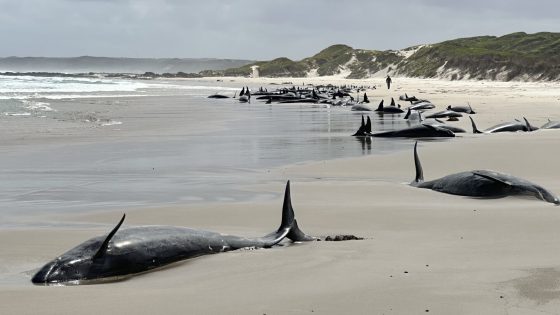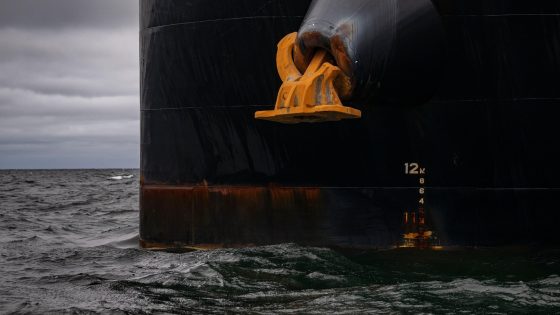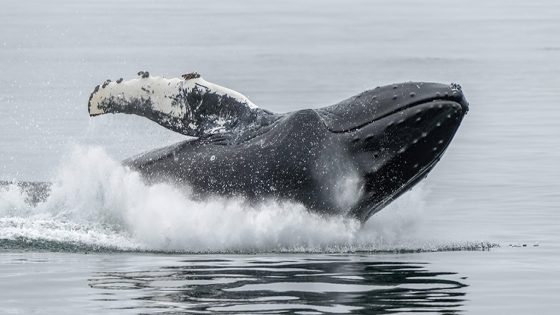Marine experts have declared that they have lost hope for the rescue of 157 false killer whales stranded on a remote beach in Tasmania, Australia, on February 19, 2025. The whales were discovered near the Arthur River, and unfavorable ocean conditions have hindered rescue efforts, prompting officials to consider euthanizing the survivors.
- Marine experts unable to rescue stranded whales
- 157 false killer whales stranded in Tasmania
- Unfavorable conditions hinder rescue efforts
- Survivors to be euthanized due to suffering
- First stranding of false killer whales since 1974
- Previous mass stranding involved 470 pilot whales
The stranding of the false killer whales marks a rare event in Tasmania, with the last similar incident occurring in 1974. The Department of Natural Resources and Environment reported that the whales were found on an exposed surf beach, complicating rescue operations due to inaccessibility and challenging ocean conditions. Experts, including veterinarians, were on-site but reported that attempts to refloat two whales were unsuccessful.
As of Wednesday morning, the initial count of 136 survivors was quickly revised to 90, indicating the severity of the situation. Marine biologist Kris Carlyon stated that the prolonged stranding has led to suffering among the animals, necessitating euthanasia for those that cannot be rescued. The young whales weighed as little as 500 kilograms (1,100 pounds), while adults can weigh up to 3 metric tons (3.3 U.S. tons).
Department liaison officer Brendon Clark noted that the stranding was unusual, as false killer whales typically do not strand in Tasmania. The last significant stranding involved pilot whales. Experts are examining the carcasses of deceased whales for clues about the cause of this event. Local resident Jocelyn Flint discovered the stranded whales while fishing, describing the scene as tragic, with many whales unable to be refloated.
The situation for the stranded false killer whales in Tasmania remains dire, with experts facing significant challenges in their rescue efforts. The incident highlights the complexities of marine mammal strandings and the urgent need for effective response strategies in such emergencies.

































